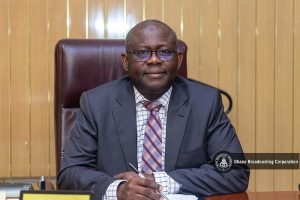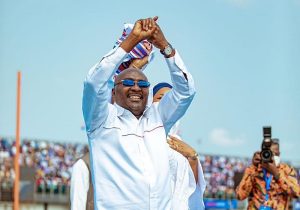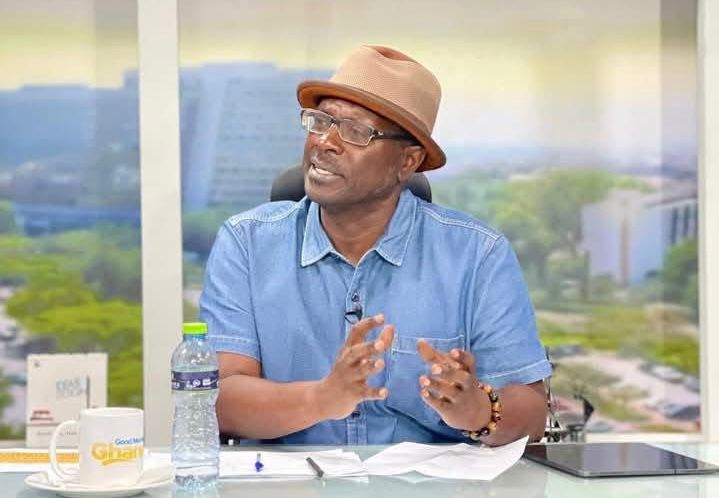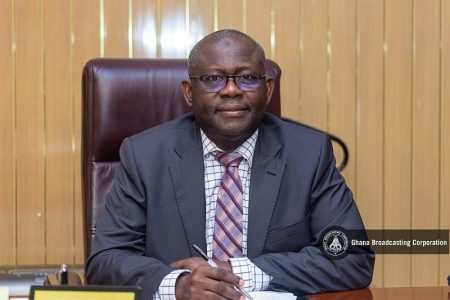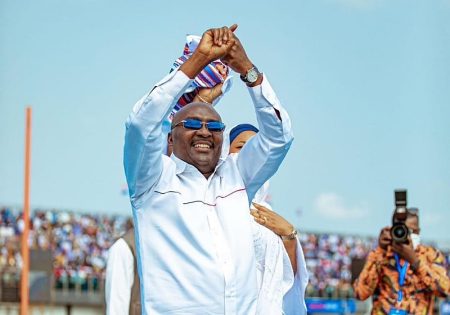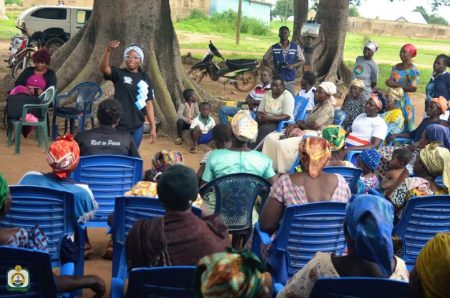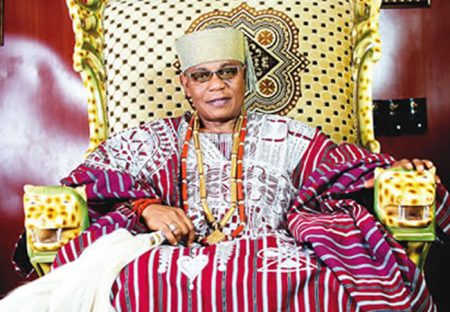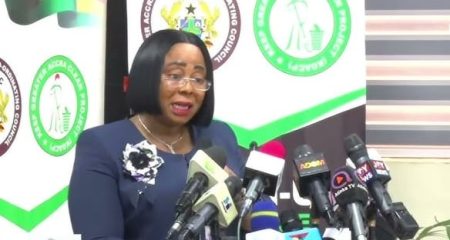The ongoing debate over the use of “Akwaaba” as the primary welcoming term in Ghana highlights the complex interplay of language, culture, and national identity within a diverse society. Professor Stephen Kwaku Asare, a respected legal scholar and social commentator, has weighed in on the discussion, advocating for the continued use of “Akwaaba” as a unifying symbol of Ghanaian hospitality. The debate was sparked by calls from some members of the Ga tribe, indigenous to the Accra region, to prioritize “Oobake,” the Ga equivalent of “welcome,” especially at tourist sites located on Ga lands. They argue that the prominence given to “Akwaaba,” an Akan word, marginalizes the Ga language and culture, particularly given their historical connection to the land.
Professor Asare’s position centers on the concept of “nationalized” words – terms that have transcended their original linguistic and cultural boundaries to become integral parts of the national lexicon. He argues that “Akwaaba” falls into this category, having gained widespread understanding and usage across Ghana, regardless of ethnicity or region. These words, he contends, represent a shared cultural heritage that unites Ghanaians and contributes to a sense of collective identity. Challenging their usage, in his view, would be counterproductive to fostering national unity and could potentially erode the rich tapestry of linguistic and cultural expressions that make up Ghana’s identity. Instead, he proposes embracing these shared terms as symbols of national cohesion and celebrating the linguistic diversity they represent.
Professor Asare emphasizes the importance of recognizing that language evolves organically within a society, with certain words gaining broader acceptance and usage over time. This process of linguistic integration, he suggests, should be viewed not as a threat to individual cultures but rather as a natural evolution of language within a shared space. It’s a testament to the interconnectedness of Ghanaian society where words from different languages are adopted and integrated into daily communication, creating a common linguistic ground. This organic blending of languages, according to Professor Asare, strengthens national identity by weaving together the linguistic threads of diverse communities into a unified national fabric.
To further illustrate his point, Professor Asare cites several other examples of words originating from the Ga language that have permeated Ghanaian society and become universally recognized symbols of Ghanaian identity. “Ayeeko,” meaning “well done” or “congratulations,” is another example of a Ga word embraced across Ghana. Similarly, “Chale,” meaning “buddy” or “friend,” and “Trotro,” referring to minibus transport, are other Ga terms that have become commonplace in Ghanaian vocabulary. These examples, he argues, demonstrate the dynamic nature of language and how it reflects the shared experiences and cultural exchanges between different groups within a nation.
The use of these terms across linguistic and cultural boundaries underscores the interconnectedness of Ghanaian communities and their shared experiences. These words, initially rooted in specific cultural contexts, have evolved into national symbols, enriching the broader Ghanaian cultural landscape. Their widespread adoption, according to Professor Asare, represents not a suppression of local dialects but an organic process of cultural exchange and integration. It’s a process that celebrates the richness of linguistic diversity while simultaneously building a common national language that unites Ghanaians from different backgrounds.
Therefore, Professor Asare concludes that the debate should not be framed as a competition between different languages but rather as a celebration of the linguistic diversity that contributes to Ghana’s rich cultural tapestry. “Akwaaba,” he argues, is not simply an Akan word but a national symbol of welcome, reflecting the warmth and hospitality that characterize Ghanaian culture. Embracing such shared linguistic symbols, he posits, fosters a stronger sense of national unity and reinforces the collective identity of Ghanaians as a diverse yet unified people. He encourages Ghanaians to see the adoption of words from various languages not as a threat but as a testament to the country’s multicultural dynamism and a source of national pride.


